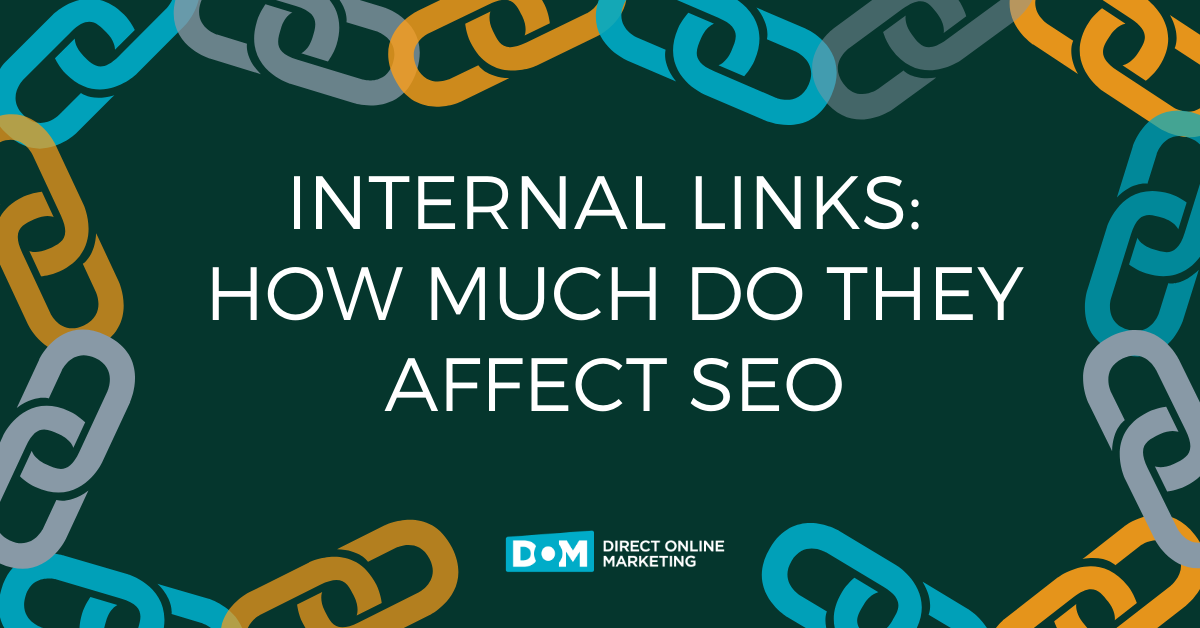
Table of Contents
- Introduction
- User Experience Matters
- Backlinks Build Authority
- Keywords Are the Compass of SEO
- Technical SEO is Your Site’s Foundation
- Quality Content is King
- Conclusion
Staying afloat in the organic search ocean is a challenge we’ve had to figure out since search engines began. As long as there has been an algorithm or machine logic behind Google’s SERPs, there have been different ways to get to the top of them.
It’s natural to feel adrift like a castaway, but it doesn’t have to be that way.
Certain principles remain as steadfast as bedrock. For CMOs and marketing professionals looking at all those SEO strategies and best practices, understanding these fundamental rules is a must.
This post isn’t about chasing the latest SEO craze (like Google SGE, for example). It’s about grasping those fundamental concepts that have stood the test of time in the SEO universe. We’ve narrowed it down to five, but the last one is the most important.
If you really need to TL;DR this blog post, then we’ll save you a scroll: your content still matters the most.
5. User Experience Matters
Focusing on user experience is a cornerstone of SEO that consistently proves its worth. The experience users have on your site influences how they perceive your brand and, importantly, impacts how search engines rank your pages.
User experience covers various aspects, from how quickly your site loads to how easily users can navigate your content.
Firstly, site speed is a critical factor. Slow-loading pages test users’ patience and often lead to higher bounce rates. Search engines, particularly Google, prioritize sites that load quickly, ensuring users find what they need without unnecessary delay.
Secondly, consider mobile responsiveness. With more people accessing the internet via smartphones, a site that performs well on mobile devices is no longer optional. It’s essential.
Mobile-friendly sites rank higher in search results, as they cater to a large portion of internet users.
Lastly, clear navigation and ease of use keep users engaged. A well-structured site with intuitive navigation helps users find information effortlessly. This positive interaction signals search engines that your site is valuable, thereby improving your SEO ranking.
4. Backlinks Build Authority
Backlinks are a vital aspect of SEO, often considered a vote of confidence from one site to another. A strong backlink profile can significantly boost your website’s authority and search engine rankings.
But it’s not just about quantity.; Tthe quality of backlinks matters immensely.
Building a natural, high-quality backlink profile is a strategic endeavor. It involves creating content that other reputable sites want to link to. This could be informative blog posts, original research, or any resource that offers value.
Reaching out to industry influencers and participating in relevant online communities can also help in acquiring quality backlinks.
It’s important to steer clear of outdated practices like buying links or participating in link farms. Such tactics can lead to penalties from search engines. Instead, focus on earning backlinks through genuine, valuable content and networking.
Monitoring your backlink profile is crucial. Tools like Ahrefs or Moz can help track your backlinks and identify any potentially harmful ones. Regular audits allow you to maintain a clean, effective backlink profile.
Backlinks should be nurtured through creating shareable content and engaging with the online community in your industry. This approach ensures a sustainable, long-term boost to your SEO efforts.
3. Keywords Are the Compass of SEO
Keywords play a fundamental role in SEO. They are the tools that connect what people are searching for with the content you provide. Effective use of keywords means understanding not just what your audience is searching for, but how they are searching for it.
The key is strategic placement, not overuse. Gone are the days when stuffing a webpage with keywords could boost your ranking. Now, it’s about placing them where they matter most – in your titles, headings, and throughout your content in a way that feels natural.
Keyword research is crucial. It involves identifying the terms your target audience uses when searching for products or services like yours.
Tools like Google’s Keyword Planner can help you find the right keywords. But it’s not just about volume. It’s about relevance. Choose keywords that align with your content and overall marketing strategy.
Remember, keywords are not just for Google to understand your content -; they help real people find the solutions or information they seek. Your goal is to use keywords to guide users to your site and ensure they find what they are looking for once they arrive.
2. Technical SEO is Your Site’s Foundation
Technical SEO is the backbone of your website’s relationship with search engines. It includes everything from site structure to crawlability, ensuring search engines can easily navigate and index your content.
This part of SEO might seem daunting, but it’s crucial for your website’s success.
Site structure matters a lot. A well-organized website helps search engines understand your content hierarchy and the relationship between different pages. A logical structure, with clear categories and internal linking, improves user navigation and search engine crawling.
Crawlability is another key aspect. It means making sure search engines can access and index your web pages. Use tools like Google Search Console to identify and fix crawl errors. Regular audits help spot issues like broken links or pages blocked by robots.txt files.
Load times play a significant role too. Fast-loading pages not only enhance user experience but also contribute to better search engine rankings. Optimize images, minimize code, and leverage browser caching to improve your site’s speed.
Remember, technical SEO is an ongoing process. Regularly monitoring and updating your website ensures it remains compatible with search engine algorithms. It’s not the most glamorous part of SEO, but it’s a crucial one.
Think of it as laying a strong foundation for your house – without it, everything else might crumble.
1. Quality Content Is King
In the domain of SEO, the supremacy of quality content is undisputed. This rule is simple: content that offers value, insight, and relevance not only engages readers but also garners the attention of search engines.
Picture a library filled with countless books. The ones that offer unique perspectives, compelling narratives, and accurate information are the ones people reach for time and again.
Similarly, in the vast digital library of the internet, content that stands out is content that delivers quality.
But what exactly makes content ‘quality’? It’s not just about well-written prose. Quality content solves problems, answers questions, and provides useful information. It’s the type of content that readers bookmark, share, and reference.
This kind of engagement sends positive signals to search engines, indicating that your content is valuable and deserves a higher ranking.
For a practical spin, consider a company blog post explaining a complex industry trend in simple, digestible terms. Such content not only establishes authority and expertise but also encourages backlinks from other reputable sites.
These backlinks are like nods of approval from the web community, further boosting your site’s SEO standing.
Remember, search engines are getting smarter. They can differentiate between superficial keyword-stuffed articles and genuinely informative content. So, the focus should be on crafting content that resonates with the audience and adds value to their lives or businesses.
In the realm of SEO, content isn’t just king- it’s the ace in your deck.
Get the DOM Difference For Your Business
Figuring out SEO can feel like a journey through a labyrinth, but these five bedrock principles provide a reliable map. From the enduring power of quality content to the influence of backlinks in building authority, these rules form the foundation of effective SEO strategies.
They have withstood the test of time and the evolution of search engine algorithms.
Remember, SEO is ever-changing. Staying informed and adaptable is key. Yet, grounding your strategy in these five principles will keep your SEO efforts focused and effective. Embrace these guidelines as you refine your approach to SEO, and watch your website’s performance improve.
For those seeking expert guidance in crafting and executing top-notch SEO strategies, consider Direct Online Marketing. Our team tailors SEO solutions to meet your unique business needs and goals.
Want to transform your SEO efforts into tangible business results? Contact us to get started.
Key Takeaways
- User Experience is Fundamental: A seamless user experience, characterized by fast site speed, mobile responsiveness, and clear navigation, is essential. These elements not only enhance user satisfaction but also boost SEO rankings.
- Backlinks Build Authority: Quality backlinks are crucial for establishing your website’s authority. Focus on earning these through valuable content and authentic networking, rather than resorting to outdated tactics like link buying.
- Strategic Keyword Use: Keywords are more than just search terms -; they’re the bridge between user intent and your content. Proper research and strategic placement are key, moving away from overuse towards relevance and natural integration.
- Technical SEO as a Foundation: Pay close attention to technical SEO, including site structure, crawlability, and load times. Regular audits and updates ensure your site remains accessible and appealing to search engines.
- Quality Content Reigns Supreme: High-quality, informative, and engaging content is the top priority. Content that genuinely adds value attracts readers, encourages sharing, and earns the favor of search engines.


